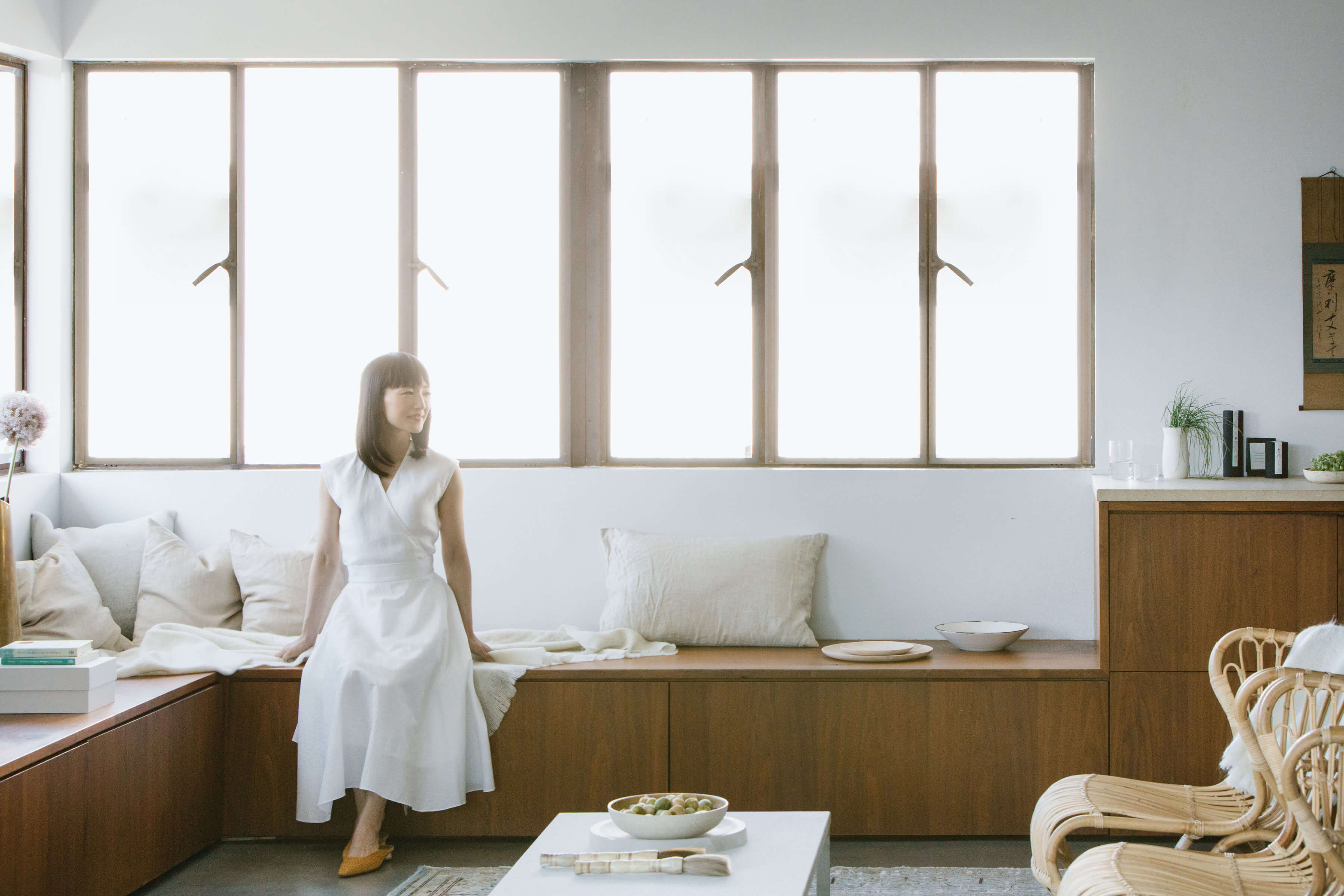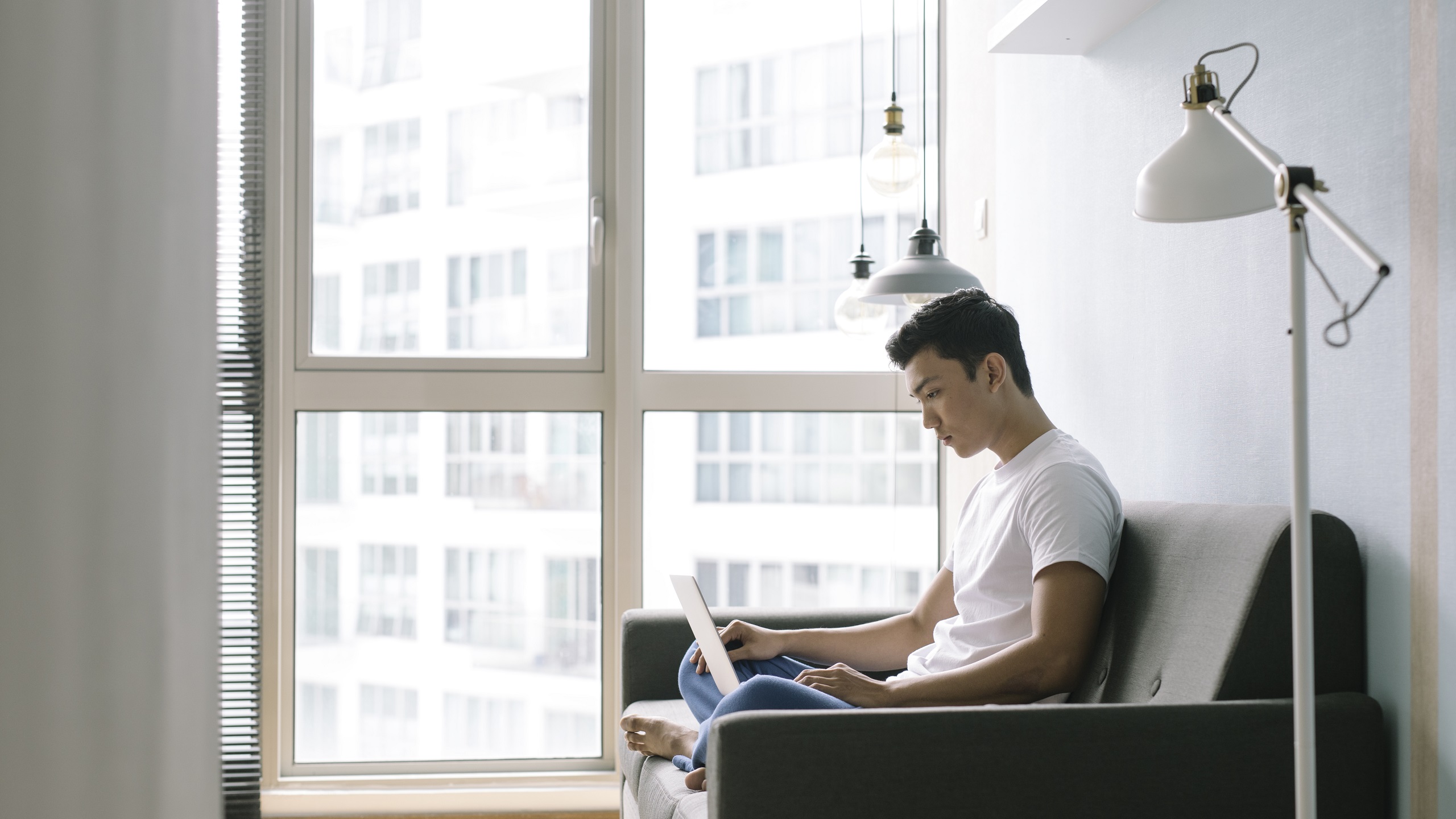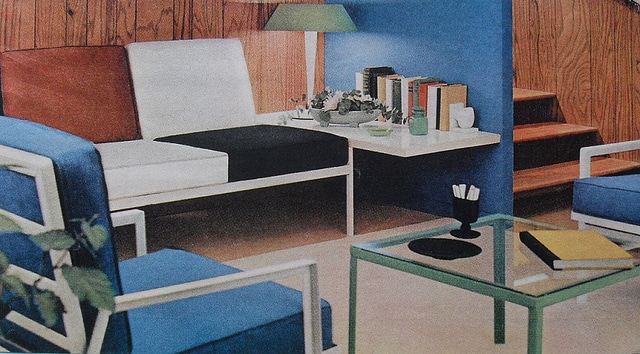The Ultimate Guide to Streamlining Your Home with Minimalism Principles
The Ultimate Guide to Streamlining Your Home with Minimalism Principles
Blog Article
Recognizing Minimalism: Strategies for Decreasing Mess and Enhancing Quality in Everyday Living
Minimalism is increasingly recognized as a feasible method to enhancing clearness and focus in today's cluttered globe. By systematically examining our possessions and focusing on intentionality, we can create rooms that not just mirror our worths however additionally promote mental health. Employing methods such as the "Four-Box" strategy can promote a much more well organized atmosphere, yet real obstacle depends on cultivating a minimal mindset that maintains these initiatives. Exploring the subtleties of this approach may disclose unexpected understandings right into just how you can transform your life. What might you find when you embrace this deliberate simplicity?
Specifying Minimalism and Its Benefits
Defining minimalism includes comprehending it as a way of life choice that highlights simplicity and intentionality in both physical properties and daily regimens. At its core, minimalism encourages individuals to prioritize what absolutely matters, enabling a more purposeful and focused presence. By removing away the non-essential, minimalism invites people to engage deeply with their environments and experiences.
It fosters mental clearness, as decreasing mess in one's setting can lead to reduced distractions and tension. Minimalism advertises economic liberty; by focusing on requirements over desires, individuals can make more informed buying choices, leading to prospective financial savings and minimized debt.
Inevitably, minimalism is not merely about material decrease however involves an alternative change in viewpoint, fostering a life defined by equilibrium, function, and fulfillment. Embracing this way of life can result in profound adjustments in just how people engage and regard with the world around them.
Assessing Your Present Mess
Clutter frequently manifests as an overwhelming accumulation of products that no longer serve a purpose, creating an obstacle to attaining a minimalist way of living. To successfully analyze your present clutter, it is essential to adopt a systematic approach. Begin by recognizing the locations in your space that really feel frustrating or disorderly. Keep in mind of certain groups of items, such as clothes, publications, or cookware, as this will aid you recognize the scope of the mess.

Furthermore, think about the frequency of use for every item. If something has actually not offered a purpose in the previous year, it might be a candidate for elimination. This evaluation will not only clarify your relationship with your possessions yet will also establish the structure for effective decluttering in the future. Ultimately, understanding your existing clutter is a vital step towards welcoming minimalism and boosting clearness in your everyday living.

Practical Decluttering Techniques
Having evaluated your current clutter, the next step is to carry out sensible decluttering methods that facilitate a more arranged living area. Minimalism. One reliable method is the "Four-Box" method, where you assign four boxes identified: keep, donate, trash, and relocate. This strategy urges fast decision-making and ensures things are classified properly
One more technique is the "One in, One out" guideline, which states that for each brand-new product gotten, an existing item must be eliminated. This concept aids keep equilibrium and stops buildup gradually. In addition, consider the "30-Day Minimalism Video Game," where you eliminate one thing on the very first day, 2 on the 2nd, and so forth, cumulatively fostering a sense of success.
Limitation on your own to a certain number of cherished things, permitting you to appreciate their relevance without overwhelming your space. By using these methods, you can develop a much more effective and serene living area, ultimately improving clarity in your daily life.
Creating Intentional Rooms
Creating deliberate rooms involves a thoughtful method to how we layout and organize our settings, making certain each area offers a particular function and shows our worths. This technique is essential in cultivating a feeling of clarity and purpose in our day-to-days live. By seriously analyzing the feature of each room, we can remove disturbances and boost our total wellness.
To produce deliberate areas, begin by determining the main tasks that will certainly happen in each location. A home office should be made to promote efficiency, incorporating components such as ample illumination, comfortable furnishings, and very little diversions. In comparison, learn this here now a relaxation location ought to advertise tranquility, including soothing colors and comfy seating.
In addition, consider the psychological impact of your environments (Minimalism). Integrating individual items that resonate with your worths, such as artwork or plants, can boost the connection to your space. Regularly evaluate these settings to guarantee they continue to serve their designated purpose as your requirements develop
Eventually, creating intentional rooms is concerning making aware selections that align with your lifestyle, promoting harmony and efficiency in your living and workplace.
Keeping a Minimalist Mindset
Welcoming a minimal way of thinking calls for recurring reflection and intentionality in our thoughts and actions. Set aside time to examine your commitments, properties, and also digital content, ensuring they straighten with your core concepts.
One more secret technique is to practice thankfulness. Recognizing what you currently have fosters satisfaction and lowers the desire for unwanted. This change in perspective urges recognition for simpleness, enhancing total health. Incorporating try these out mindfulness strategies, such as meditation or journaling, can further enhance a minimalist mindset by promoting quality and reducing mental clutter.
In addition, establish borders to secure your time and energy. Find out to claim no to non-essential responsibilities and disturbances that do not add to your individual development. Surround on your own with similar individuals that sustain your minimal trip, as shared worths can improve motivation and responsibility.
Conclusion
To conclude, accepting minimalism supplies substantial advantages, consisting of reduced mess and boosted clarity in every day life (Minimalism). By methodically evaluating properties and carrying out sensible decluttering methods, people can produce willful spaces that cultivate mindfulness and appreciation. Preserving a minimal frame of mind needs recurring examination and dedication to simpleness, eventually resulting in a more focused and satisfying way of living. The principles of minimalism act as important devices for cultivating an atmosphere that sustains individual growth and health.

In addition, take into consideration the "30-Day Minimalism Video Game," where you eliminate one product on the initial day, two on the second, and so forth, cumulatively promoting a feeling of achievement.
In conclusion, embracing minimalism uses considerable advantages, consisting of lowered mess and boosted clarity in daily life.
Report this page